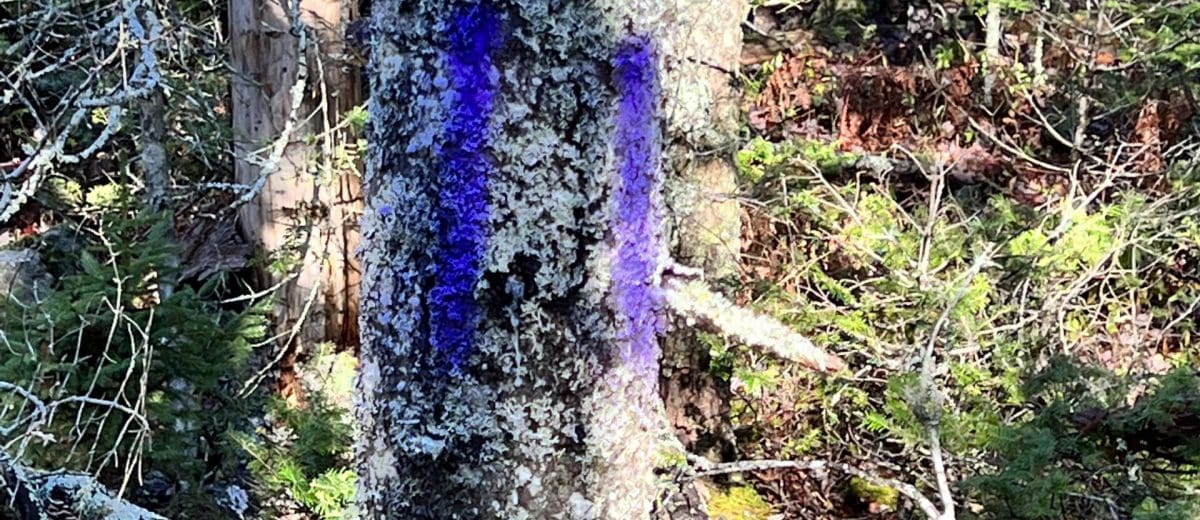Preventing Unwanted Hunting on your Property: How a Land Survey Can Help
In most cases, Maine hunters ask permission to use private land for recreational purposes. However, hunters may find it difficult to discern one piece of land from another.
If you have unwanted hunters using your property, you’re not alone. According to the Maine Inland Fisheries and Wildlife, 94% of the land in Maine is privately owned, leaving hunters at the mercy of the land owner. In most cases, the land owners are willing to share the space. However, if you wish to keep your land for your personal use, a land survey is the first step in making this a reality.
In the state of Maine, unlike most other states, Maine operates under an implied permission structure, meaning that if the land is not posted, it is legal to use the land.
If the land is improperly surveyed for boundary lines and no visual signage or paint is present, the property may be at risk for unwelcome visitors.
A survey can take the guesswork out of it.
A surveyor will make precise measurements to determine the legal boundary lines of a property and map out the details for future reference.
Once your land is surveyed, a land owner can take several steps to ensure hunters or other trespassers will not use the land for recreational purposes.
Landowners must post their land with paint or signs to legally restrict any access to their property. Painting is the simplest and often the most effective way to post your land. A purple, vertical painted line at least one inch wide and three to five feet above the ground should be done no more than 100 feet apart and should be maintained for easy identification. The purple stripe indicates that access to the property is by permission only.
If signs are preferred, they must be specified in the intent (no trespassing, no hunting, access by permission only).
Hiring the right surveyor for the job.
Knowing the exact boundary lines is vital when making any type of boundary posting. Hiring an experienced surveyor is an important step to follow. Contact the Herrick & Salsbury, Inc. team to survey your property and protect against trespassing.

